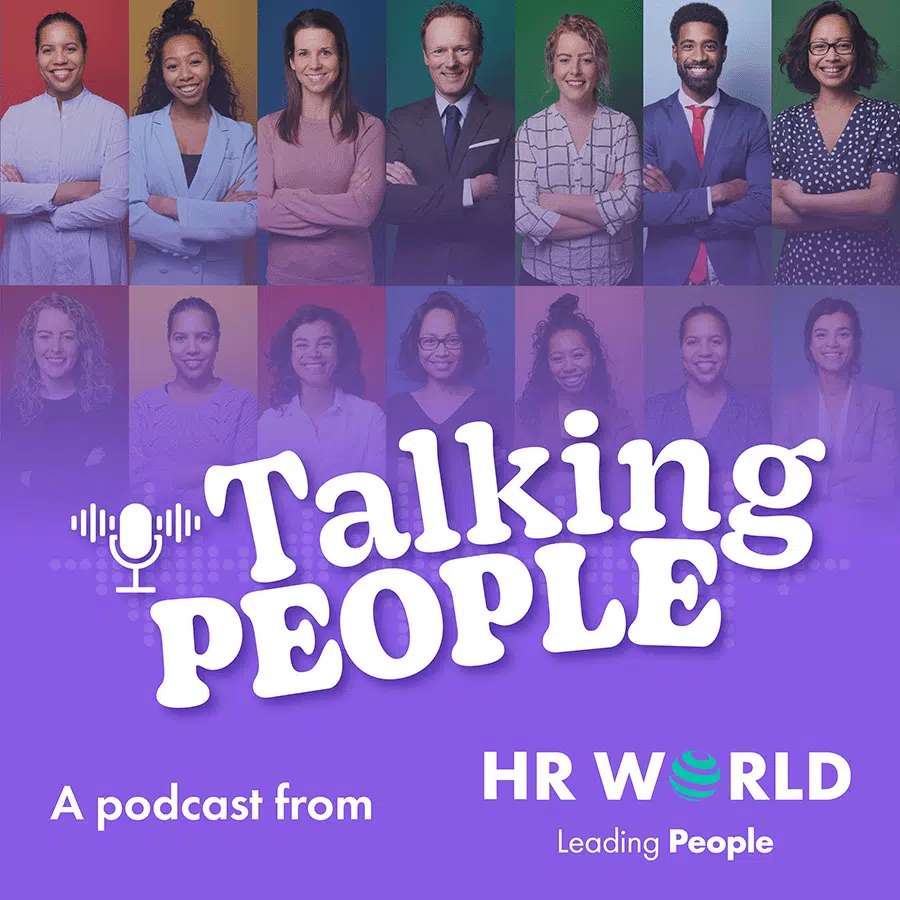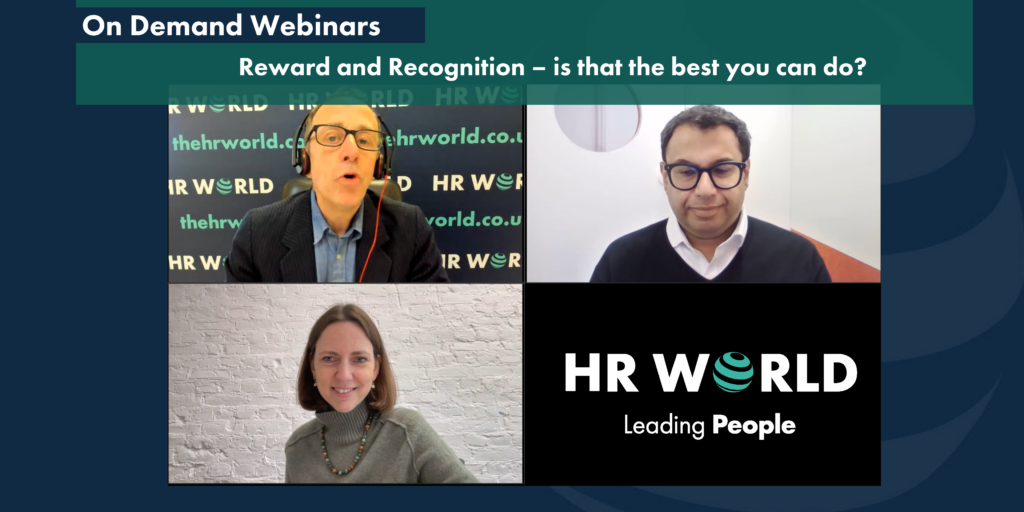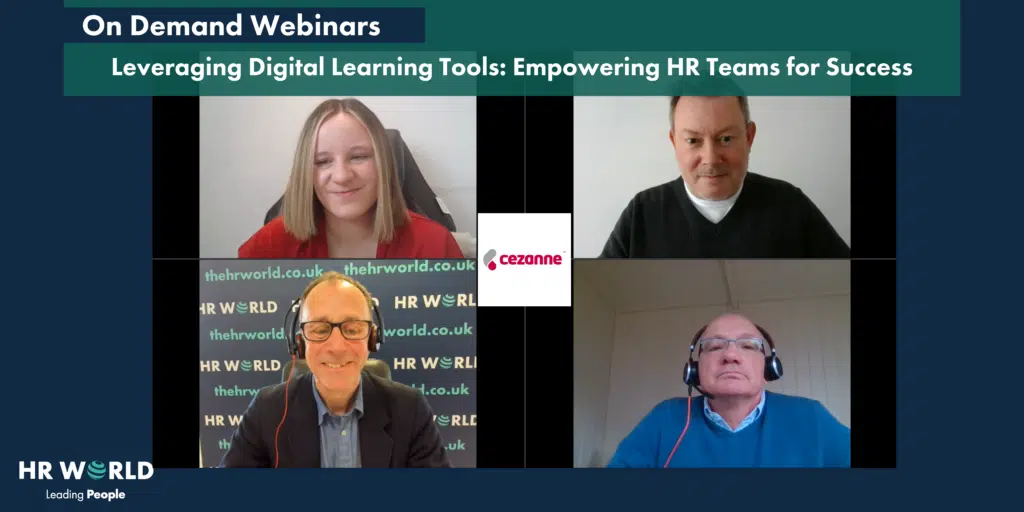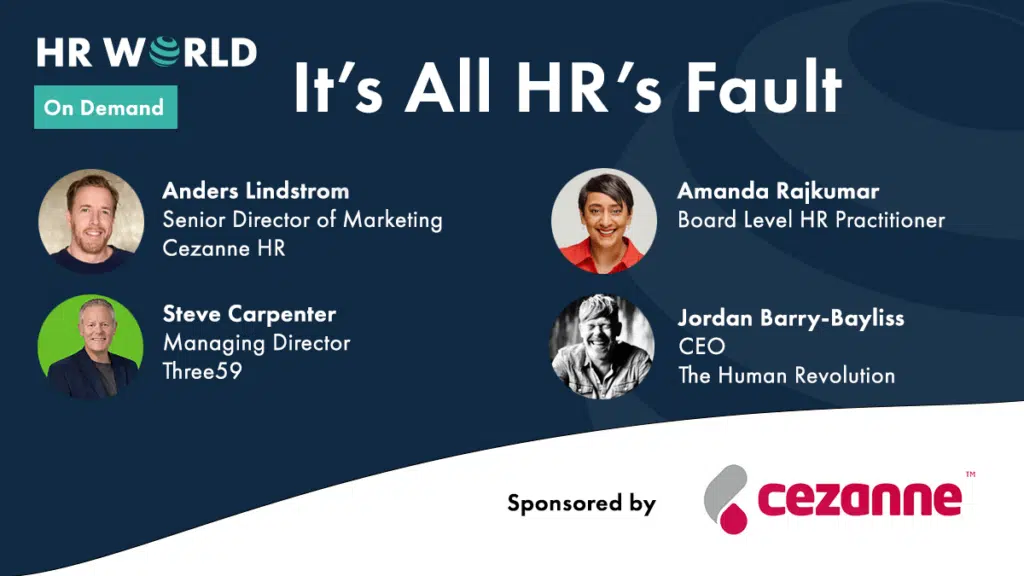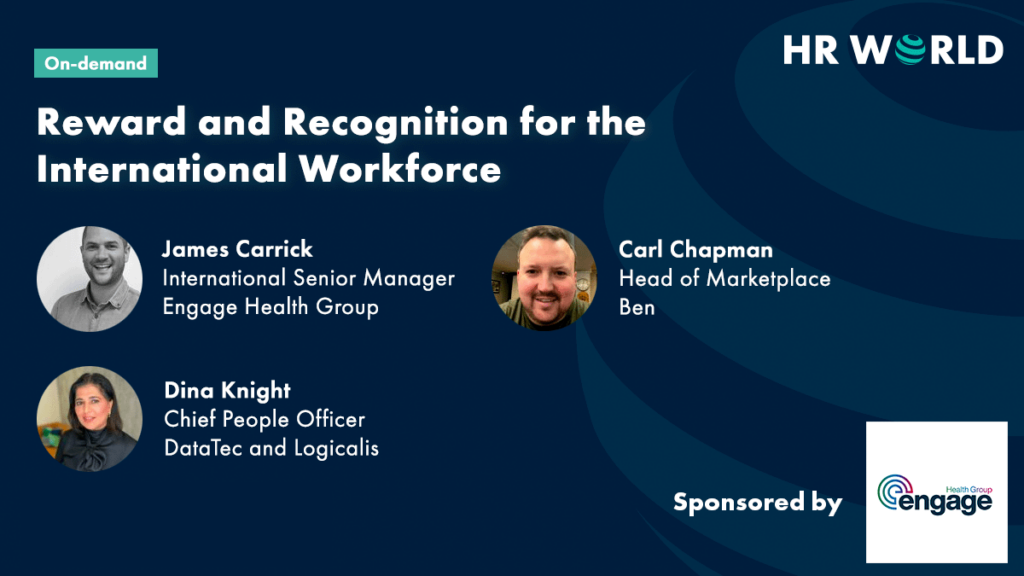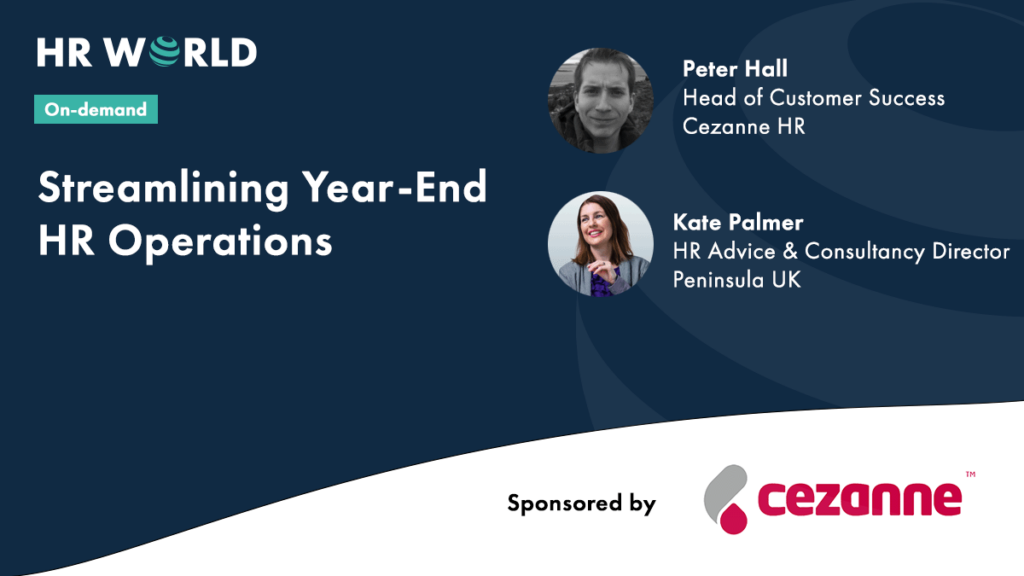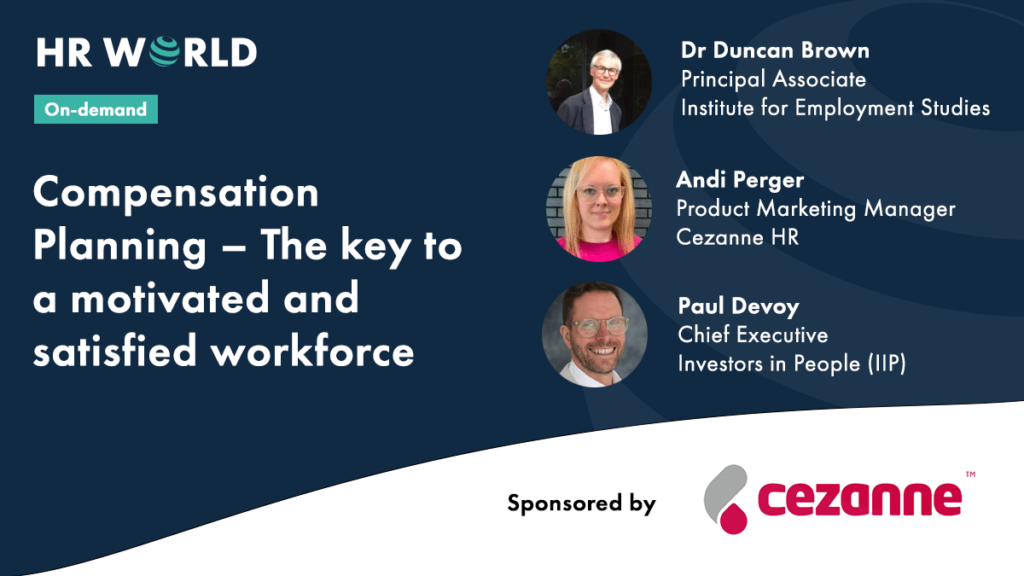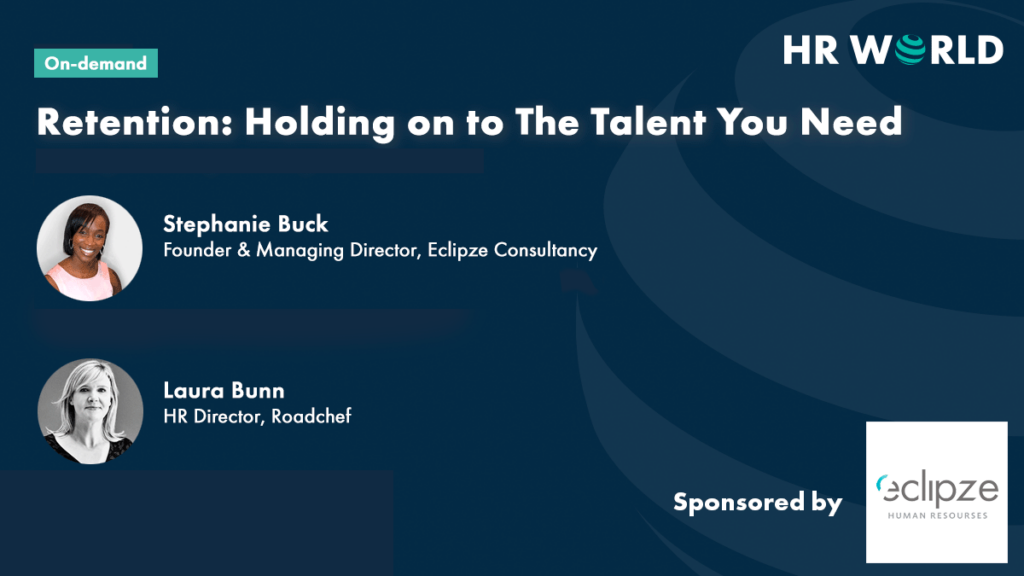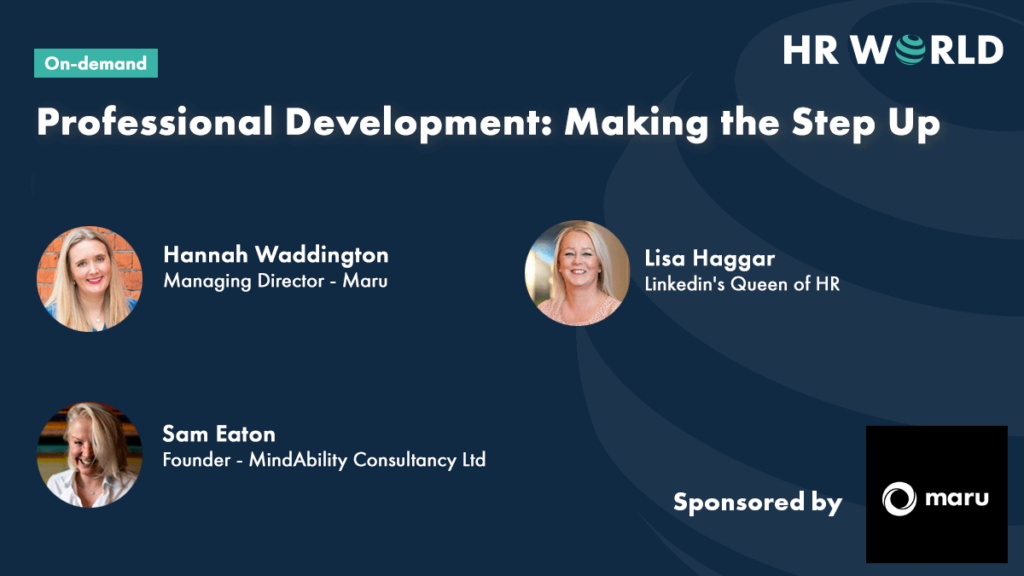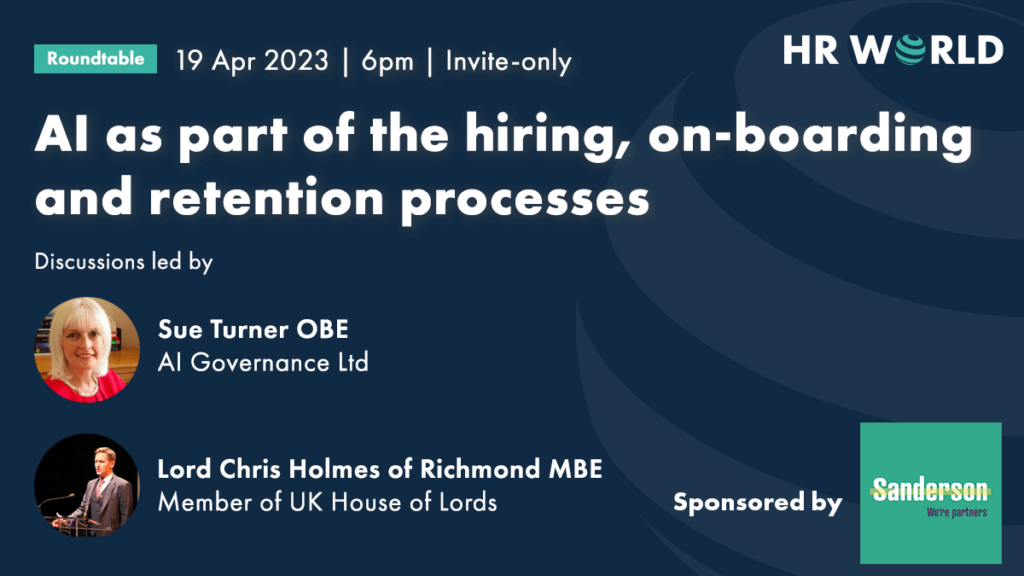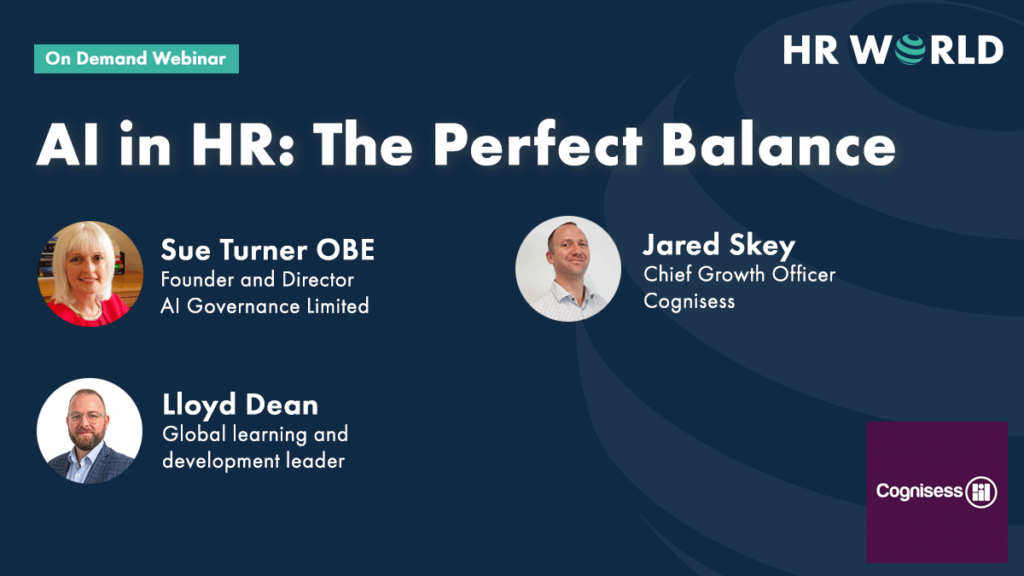Home » Knowledge Hub » Professional Development » Talent Rising
Talent Rising
19 July 2023 Professional Development
Story by
Michael Doolin Group Managing Director, Clover HR

What must HR managers do to rise up through the ranks asks Michael Doolin, Group Managing Director, Clover HR.
HR managers are not the type to shy away from a challenge. According to a survey conducted by Hays, 83 per cent of HR practitioners describe themselves as ambitious, compared with just 78 per cent of the general workforce. The research also goes on to show that those working in the industry are considerably more likely than their counterparts to seek senior management positions.
It’s evident, therefore, that HR professionals have more drive than most to achieve their potential. However, it isn’t always clear what skills, knowledge and qualifications professionals must have to take the step up to director or board level, which can leave many without a sense of direction or progression in their careers.
To help guide those HR managers keen to set out on their path to directorship, here are some of the most important ingredients that they will need to achieve their goal.
Knowledge is power
It stands to reason that HR managers will primarily be focused on their own organisation, and the various responsibilities and challenges that come with the job, but the Human Resources industry isn’t a microcosm. The HR industry in the UK is a vital part of the economy, and it’s growing. According to the Office for National Statistics (ONS), the HR industry employed over 350,000 people in the UK in 2020. The sector is expected to grow as companies invest more in talent management and workforce development.
If HR managers want to set themselves apart from the pack, they must make sure they constantly have one ear to the ground, staying abreast of all the latest industry trends and developments. By taking notice of what’s going on beyond their backyard, professionals can be better prepared for global HR issues that may affect their business locally and, in doing so, demonstrate their ability to adapt to change.
Be a people’s person
HR is all about people, so it stands to reason that anyone who wants to get ahead in the industry needs to be a people person. As such, professionals must demonstrate a cultural and intellectual curiosity about others; striving to discover what makes them tick, and feel happier and more productive in their roles. This means listening to people with an open mind, and being unafraid to question the status quo. ‘Why not’ and ‘what if’ are the questions that should constantly be on the tips of their tongues – after all, HR managers can’t expect to make an impact if they’re not willing to seek continuous improvement in themselves and the operations of their organisation.
A good HR director ensures that their company’s processes, environment, and employee skills base are optimised for the benefit of everyone. Rather than being ‘compliancy police officers’, they must be ‘agents of change’ and enablers of growth, both for their organisation and the people who work for it.
Qualifications are good – but they’re not everything
Qualifications are often seen as one of the key indicators of an individual’s ability to do a job that requires a certain level of skill and knowledge, and the HR industry has been no exception to this historically. However, while qualifications can facilitate understanding of the industry and provide others with a degree of confidence in a person’s suitability, the most qualified people aren’t necessarily the most skilled. Being emotionally intelligent, empathetic, and curious are far more important in today’s HR landscape than simply having a degree or a diploma. These skills can’t be gained simply through classroom study; they must develop gradually through experience. As such, HR managers should see not having the right personality, skills, or attitude as a bigger barrier to their professional growth than having the right qualifications.
Never forget where you came from!
By making a concerted effort to develop the skills and knowledge that they need to move up to a director position, there’s no reason why ambitious HR managers can’t go onto achieve their career goals, and enjoy a great deal of success in the industry. If and when a person gets promoted to HR director, however, it’s crucial that they don’t get lost in an ivory tower. Professionals must remember where they came from, and the abilities and expertise that they have honed along the way. Being a director is a privileged position, and one that comes with no small amount of responsibility. Those who make it to the top must keep this at the forefront of their minds, always thinking maturely and reflecting on what they can do to better understand staff and the issues they face.
Becoming an HR director is one thing, but being one is another thing altogether. No one holds a monopoly on knowledge and experience, no matter how successful they are, and every day really is school day. The sooner HR professionals realise this, the further up the career ladder they are destined to climb.


